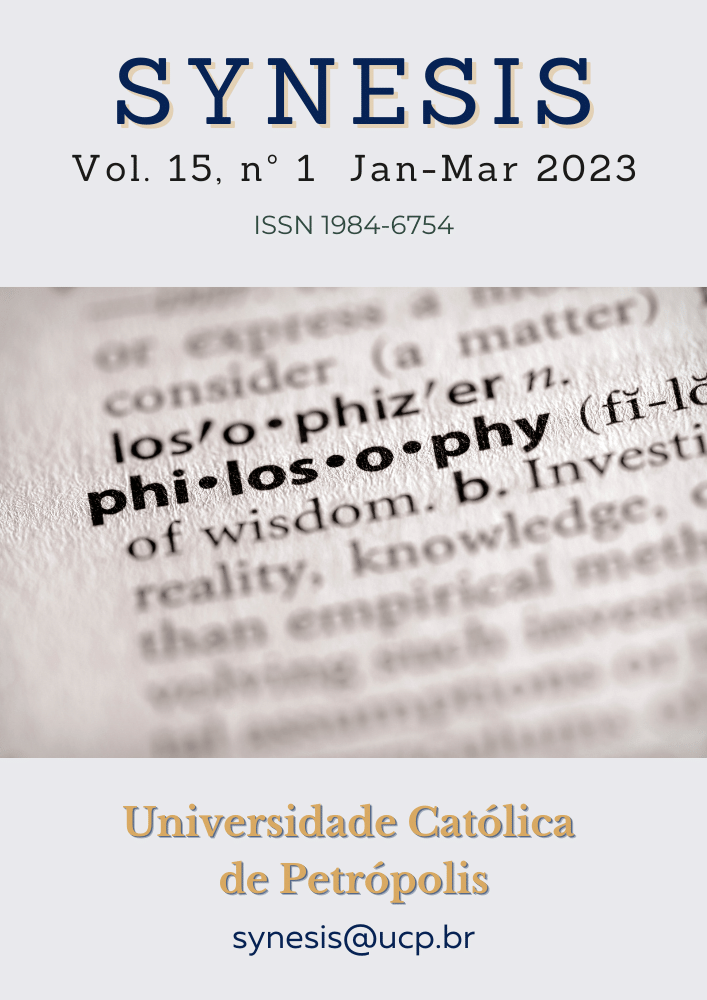Abstract
This article presents a detailed analysis with an emphasis on actual data to illustrate the value of learning analytics in boosting the retention and graduation of college and university students. The review covers a range of relevant topics, including: To fulfil the competency-building requirements of the future, educational institutions like universities and colleges will need to develop innovative teaching methods. This qualitative case study makes an attempt to establish what skills and knowledge will be necessary for college students to acquire in the future, as well as how learning analytics may aid facilitate the acquisition of these skills and information. Because future abilities are formed on the trifecta of subject development, objects, and the social environment, it makes sense to focus on all three of these aspects simultaneously. The results of a qualitative content analysis of group interviews conducted with 19 educators are the primary focus of this article. According to the findings, crucial components for future subject development include reflective competence, self-awareness and self-management, learning literacy, personal agency and self-efficacy, and learning literacy. Learning analytics have the ability to enhance individuals' development since they give people with the tools to reflect on their own learning and competence growth and to become more self-aware of both their strengths and flaws. Learning analytics were also thought to encourage learning via active engagement, self-assurance in one's own capacity to learn, knowledge of one's own learning processes, and metacognition. Students need to acquire object-related abilities such as flexibility and digital competence in order to be able to handle complex subjects and assignments.
References
Anaya, A. R., Luque, M., & Peinado, M. (2016). A visual recommender tool in a collaborative learning experience. Expert Systems with Applications, 45, 248–259.
Blikstein, P., & Worsley, M. (2016). Multimodal learning analytics and education data mining: using computational technologies to measure complex learning tasks. Journal of Learning Analytics, 3(2), 220–238
Buckingham Shum, S., & Deakin Crick, R. (2016). Learning analytics for 21st century competencies. Journal of Learning Analytics, 3(2), 6–21.
Chen, L., Yoshimatsu, N., Goda, Y., Okubo, F., Taniguchi, Y., Oi, M., Konomi, S., Shimada, A., Ogata, H., & Yamada, M. (2019). Direction of collaborative problem solving-based STEM learning by learning analytics approach. Research and Practice in Technology Enhanced Learning.
Council of the European Union. (2018). Council Recommendation of 22 May 2018 on key competences for lifelong learning (Text with EEA relevance.) ST/9009/2018/INIT. Official Journal of the European Union, C 189/1, 4.6.2018, 1–13.
Cukurova, M., Zhou, Q., Spikol, D., & Landolfi, L. (2020). Modelling collaborative problem-solving competence with transparent learning analytics: is video data enough? In Proceedings of the Tenth International Conference on Learning Analytics & Knowledge (LAK '20) (pp. 270–275). Association for Computing Machinery.
Dowell, N., Lin, Y., Godfrey, A., & Brooks, C. (2020). Exploring the relationship between emergent sociocognitive roles, collaborative problem- solving skills and outcomes: a group communication analysis. Journal of Learning Analytics, 7(1), 38–57.
Ehlers, U-D., & Eigbrecht, L. (2020). Reframing working, rethinking learning: the future skills turn. In Proceedings of European Distance and E-Learning Network (EDEN) Conference. Human and Artificial Intelligence for the Society of the Future (pp. 1–10). European Distance and E-learning Network.
Hyytinen, H., Toom, A., & Shavelson, R. J. (2019). Enhancing scientific thinking through the development of critical thinking in higher education. In M. Murtonen & K. Balloo (Eds.), Redefining scientific thinking for higher education: higher-order thinking, evidence-based reasoning and research skills (pp. 59–78). Palgrave Macmillan.
Jääskelä, P., Heilala, V., Kärkkäinen, T., & Häkkinen, P. (2020). Student agency analytics: learning analytics as a tool for analysing student agency in higher education. Behaviour and Information Technology, 40(8), 790–808.
Jivet I., Scheffel M., Specht M., & Drachsler H. (2018). License to evaluate: preparing learning analytics dashboards for educational practice. In Proceedings of the 8th International Conference on Learning Analytics and Knowledge (pp. 31–40). Association for Computing Machinery (ACM)
Mangaroska, K., & Giannakos, M. (2018). Learning analytics for learning design: a systematic literature review of analytics-driven design to enhance learning. IEEE Transactions on Learning Technologies, 12(4), 516–534.
Muukkonen, H., Lakkala, M., Lahti-Nuuttila, P., Ilomäki, L., Karlgren, K., & Toom, A. (2020). Assessing the development of collaborative knowledge work competence: scales for higher education course contexts. Scandinavian Journal of Educational Research, 64(7), 1071–1089

This work is licensed under a Creative Commons Attribution-NonCommercial-NoDerivatives 4.0 International License.
Copyright (c) 2023 Synesis (ISSN 1984-6754)

